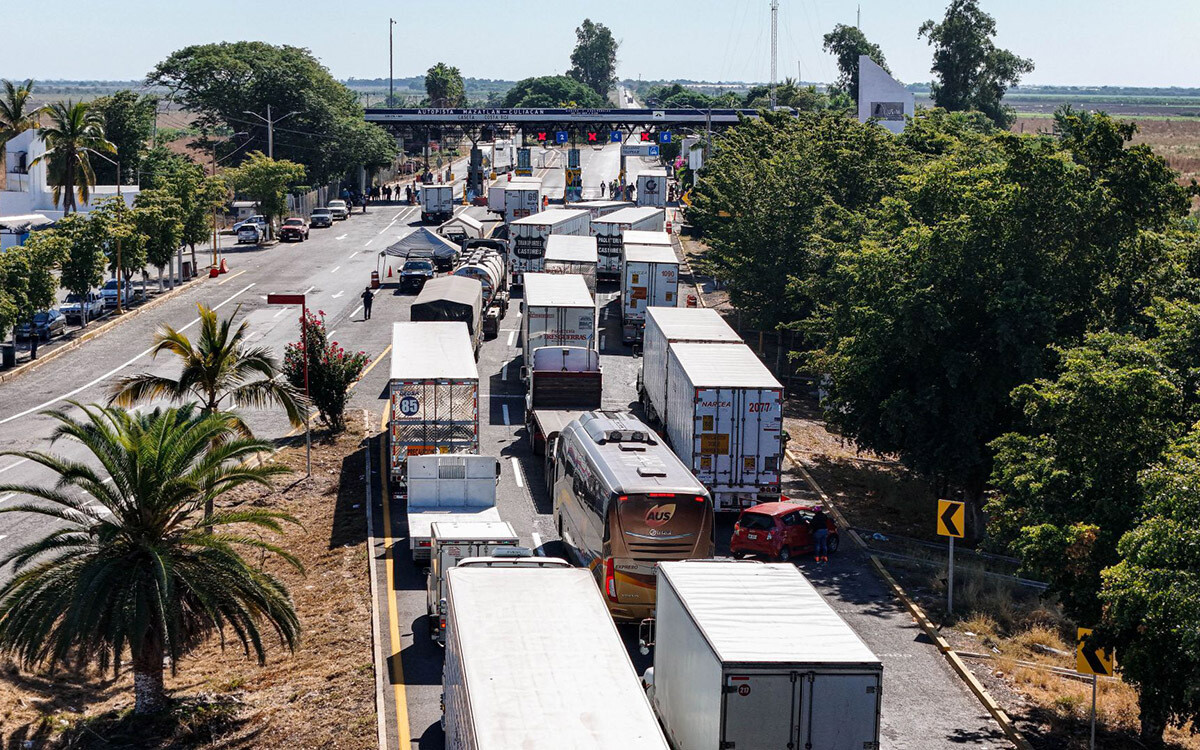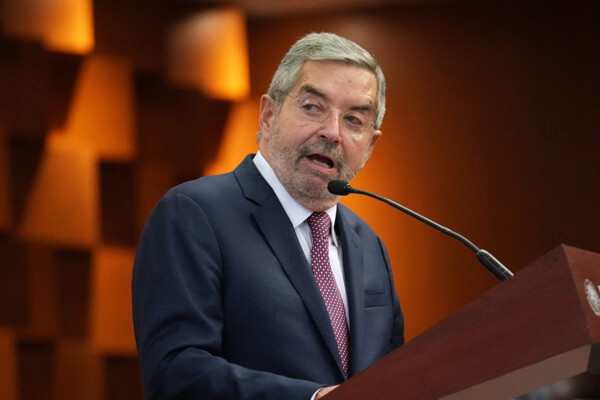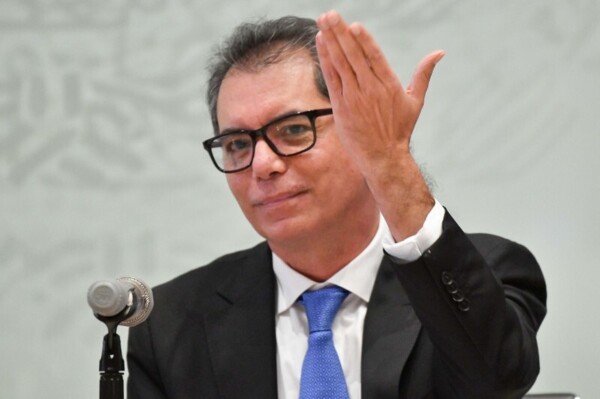
However, 'the protesters did not accept the holding of working tables, nor did they agree to the release of the blocked highways,' the department stated. The Undersecretary of the Interior, César Yáñez, ruled out that the Government will use force and reiterated that the blockade 'has no reason to be.' The leaders of the agricultural and transport organizations explained that the breakdown of the table occurred after requesting the government clear commitments on their demands. The Secretariat of the Interior (Segob) reiterated on Tuesday night its call to agricultural producers and carriers who maintain blockades on the country's highways to sit down to dialogue and avoid harm to the population, after the failure of the negotiation held during the day. In a press release, the department highlighted that the closure of roads 'prevents the exercise of the right to free transit of citizens and seriously affects the passage of services and products necessary for the life and economy of the communities.' In addition, it emphasized that although the government is obliged to attend to all social demands, 'those who must act with responsibility and avoid damaging the life and activities of citizenship.' The federal authority assured that the way to reach solutions is dialogue: 'We reiterate that the harm to third parties is not the way to achieve a solution. On the contrary, dialogue to reach an understanding is the correct route for the establishment of consensus.' During the working meeting at Segob, representatives of the Secretariats of Agriculture and Rural Development, Economy, Infrastructure, Communications and Transport, as well as of Security and Citizen Protection, as well as officials from Conagua, participated. 'No one spoke, they never committed to anything, and obviously we are not going to withdraw from the bridges, the highways or the customs as long as they do not give us certainty that things are going to work,' the leaders explained. Among the demands of the protesters are the request for 1,200 million pesos that the government owes to producers, the opening of windows to register wheat farmers, the halt to the Water Law being discussed in Congress, as well as greater security on highways. Photo: Cuartoscuro Baltazar Valdés, leader of the FNRCM, sent a message to the producers who have taken toll booths and customs: 'It is time to resist comrades, we need to stay there, this has opened the door for us and I am sure that if we resist they will come back to look for us.' The Secretary of Agriculture, Julio Berdegué, reported that as of this Wednesday, federal officials will deploy in the states to hold direct meetings with producers. The National Water Commission (Conagua) reiterated its support for the protesters to attend the working table in the Chamber of Deputies, where the General Water Law is being discussed, reported the Secretariat of the Interior. The breakdown of the dialogue was documented in a video disseminated by activist Adrián LeBarón: Heraclio Rodríguez, leader of the National Front for the Rescue of the Mexican Countryside (FNRCM), stated: 'We asked them to make a declaration or to tell us, from the points we had discussed, what the government was committed to solving.'













